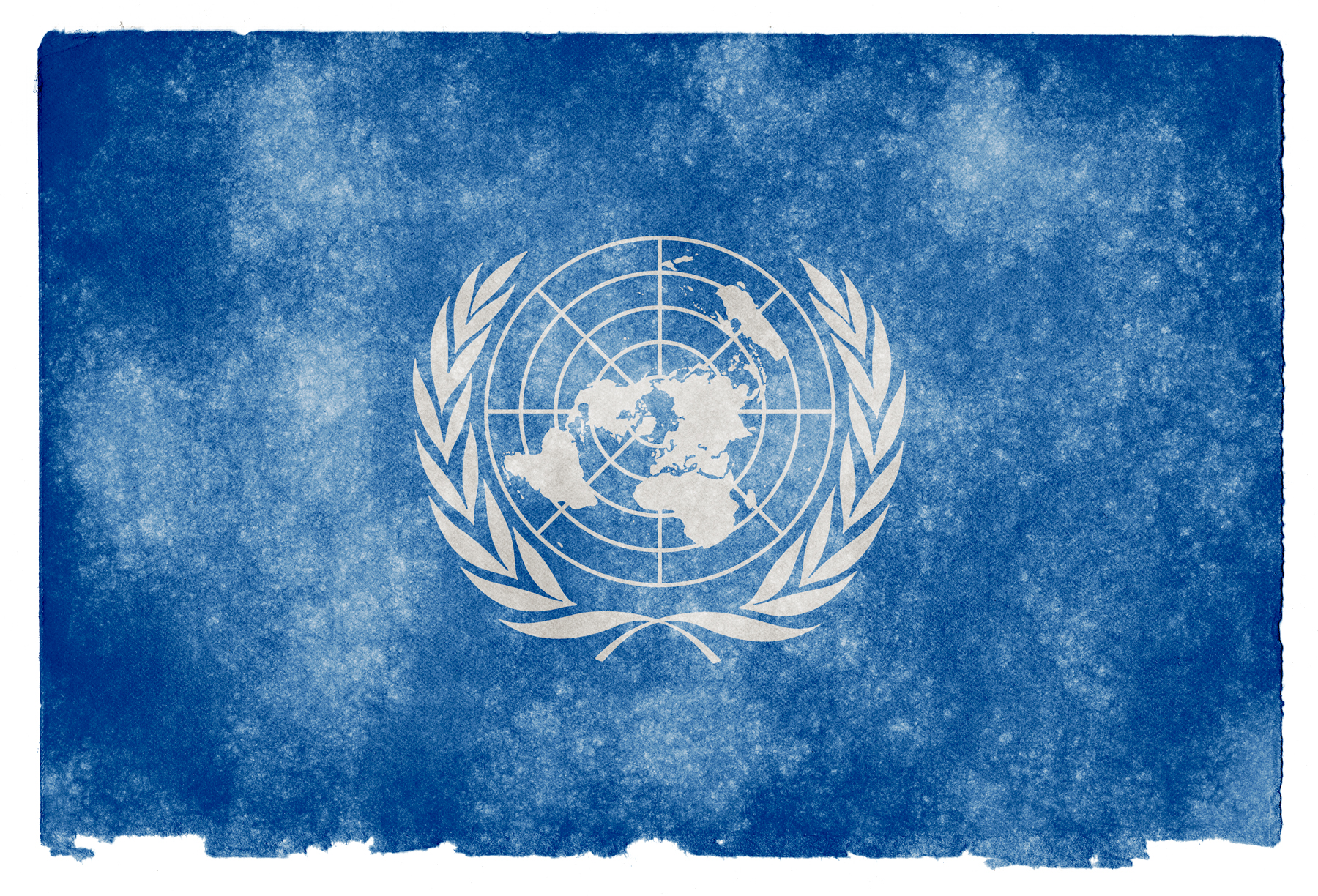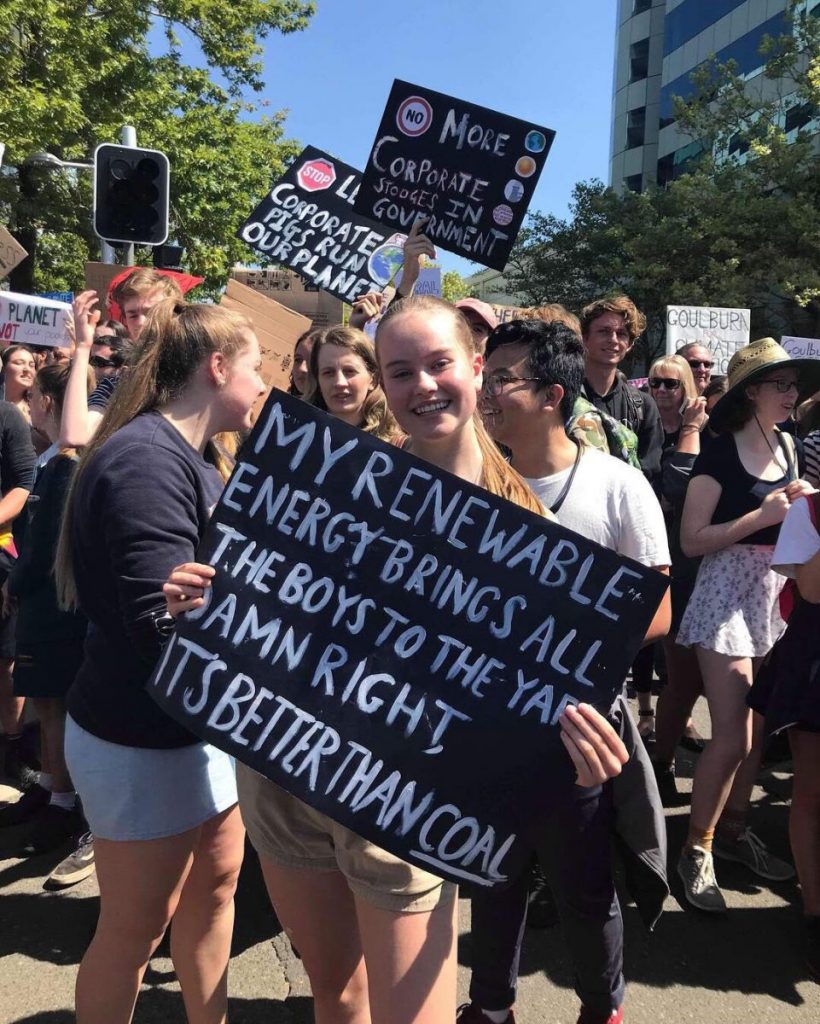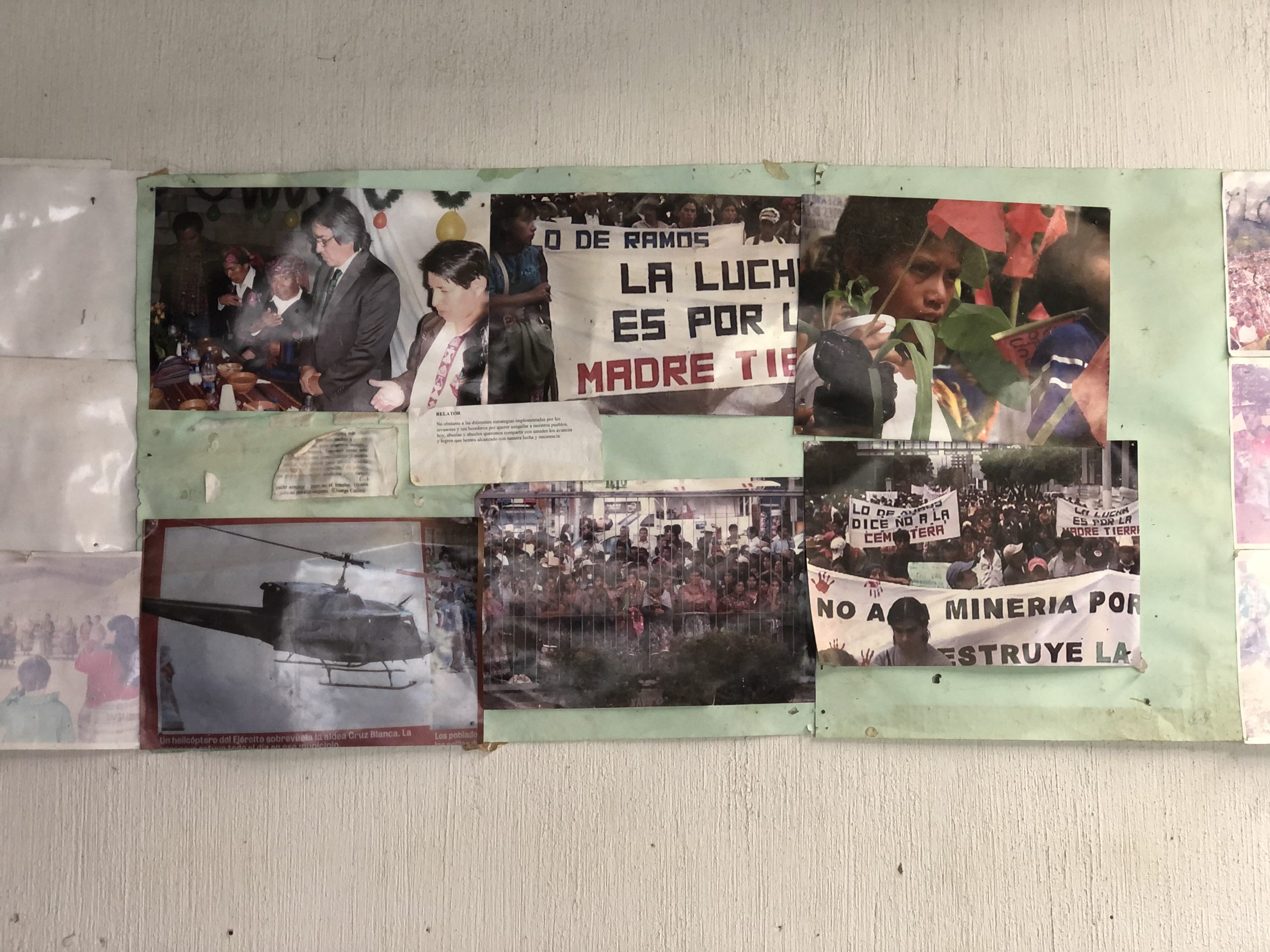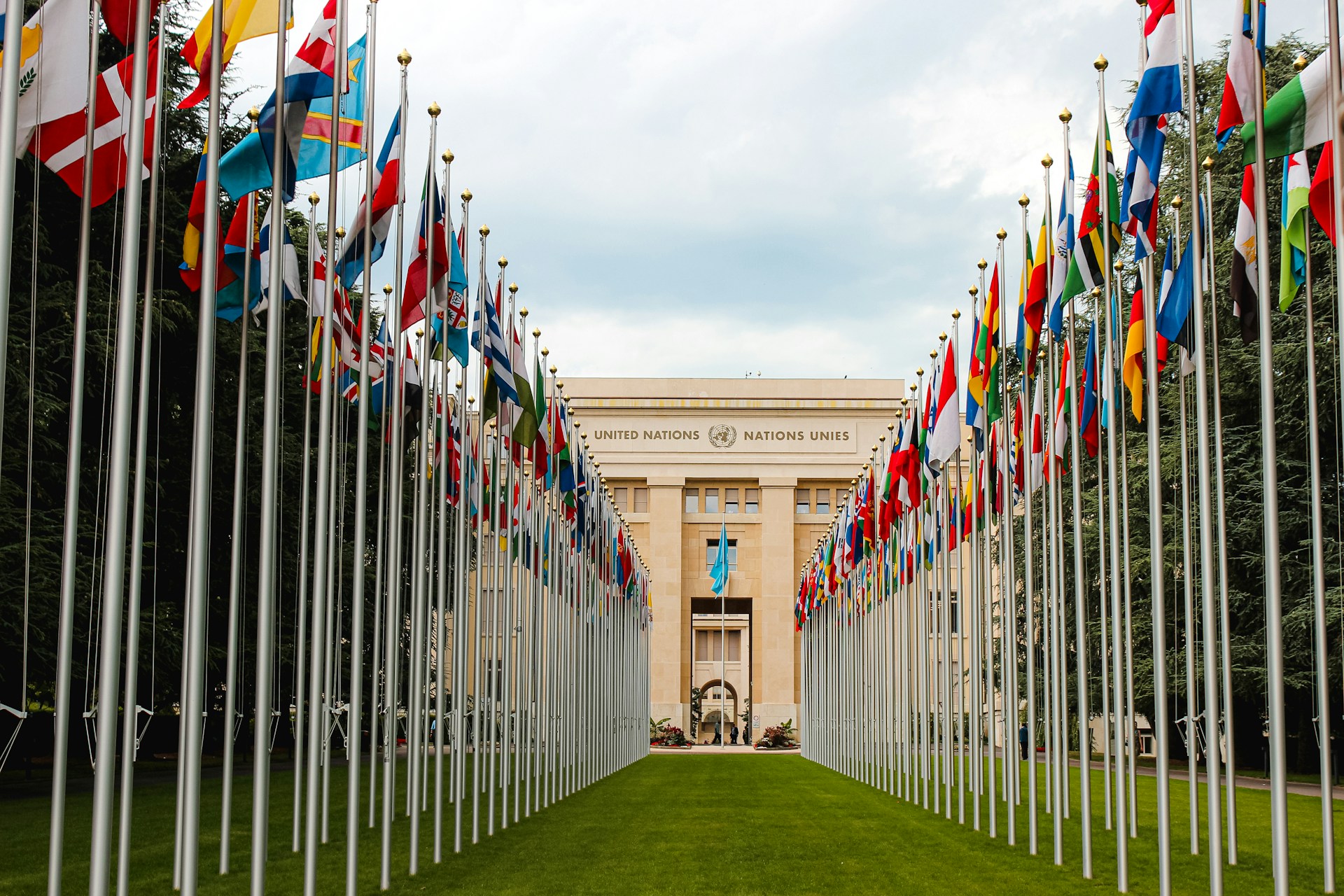Why does the strike matter to you?
Aoibhinn: Going on strike matters to me because it is the only way I feel like my voice can be heard, not just on getting climate action, but on all issues that concern me as young person. Even if I could vote, growing up in Australia during the 21st century I have witnessed the failings of our democracy and government time and time again. 20th century democracy is failing. Our government is even failing to accept the climate crisis as a reality, let alone to address it. So, it is through striking and amplifying each other’s voices that I feel the most powerful in enacting the change that we so desperately need on all issues, the climate crisis included.
Evan: The strike matters to me because we can’t afford for it not to matter. The youth have been denied a voice and a vote, but we won’t be denied our chance at a future. It’s one of the few ways the youth can engage with and affect the political stage, as there is little opportunity for us otherwise.
COPINH: We weren’t so aware of this week’s global climate action. This is a mobilisation that has a lot to do with the urban centres as well as with the industrialised countries where people are distanced from nature. But, for us this type of action is very important because it makes visible a reality that we face every day in Honduras. Here the situation is very risky for those of us who think that there should be a form of coexistence in harmony with nature and not simply of usufruct or exploitation.
Ivanna: In our organisation, there is no specific youth area because the youth here are not very organised, they are few and distributed over great distances. Until now, we have not been able to form a youth commission properly, but we are aiming at this. We are not mobilising exclusively on climate change, but we are doing small actions that have a positive impact on the environment.
What are you doing on this occasion?
COPINH: Last week, our general coordinator Bertha Zúniga Cáceres (the daughter of assasinated activist Berta Cáceres) participated in the Peoples’ Summit on Climate, Rights and Human Survival ahead of the UN Climate Action Summit. She gave the opening remarks and explained that the main issue is not climate change. Climate change is only a pretext to get together and debate and should not be the centre of our discussions. We must rather address the origin of this climate crisis: the disbalances in production and the social inequities faced by the people living on this planet. People are concerned about the climate, nature, and the planet in a way that is detached from the people who live on it. We must defend this relationship between people and nature. If we reach a point where human life is extinguished because of food shortages, pollution, and climate change, the planet will regenerate itself. It has always done. We are the ones who will disappear. The solutions will not come from the States and corporations that have caused this crisis. Solutions will only come from the spaces and people defending our harmonious coexistence with nature. This week, there is an audience in the case of the murder of Berta Cáceres, and COPINH is also mobilising in the streets of Tegucigalpa calling for justice. We want to make visible that she was assassinated for defending the indigenous communities and territories and that the companies allied with the military and the Honduran State are responsible for this crime.
Evan: I intend to use the strike to convey the dissatisfaction the people of Australia currently have with our government’s inaction on the climate crisis. The way our political leaders are behaving in respect to the climate crisis is unacceptable and childish – and I absolutely refuse to stand idly by and watch them destroy my future.
Aoibhinn: I am a lead organiser for the event in my home city of Canberra.
Ivanna: This week, we are sensitising and raising awareness about the climate crisis through our community radio. In addition, we are working with a group of young people and reaching out to local businesses in the area, which serve some 20,000 people, asking them to not hand out plastic bags.
In your daily lives, what do you do to champion the right to a safe and sustainable environment?
COPINH: We are working on an on-going basis for education in the communities. In order to maintain our vision of coexistence in harmony with Mother Earth, we carry out actions of recognition so that the communities know their territories and protect them. On a daily basis, we raise awareness on the damage the agro-industry causes, the dangers of pesticides, and we work with agro-ecology and organic agriculture. We also protect the native seeds, the water sources, and the native forests against monocultures. We are constantly fighting the installation of hydroelectric power plants, mining companies, extractive projects, wind farms, and photovoltaic projects that are trying to colonise the indigenous territories. COPINH defends the right of communities to decide on their territories. We don’t want the same businessmen who used to produce fossil energy to come to our territories with supposedly renewable energy projects, now that they have seen there is a business opportunity. This model is a fallacy, it follows the same logic of exploitation and inequality that has generated the climate crisis. Finally, we also coordinate with other national and international organisations for the protection of the rights of peoples and the defence of their territories.
Aoibhinn: The most important thing we can do as individuals to fight the climate crisis is to come together en masse and force large scale change, of which striking is an example. Besides spreading awareness and organising this social movement, I am making changes bit by bit in my everyday life towards a more climate-friendly lifestyle. Some of these actions include riding my bike everywhere, cutting down on red meat and dairy, installing a proper waste disposal system in my family home, having shorter showers and only buying what I really need and when I do, buying it second hand and/or made to last.
Evan: I don’t eat meat on Mondays. Our house has solar panels installed and I take short showers. I reuse bags, recycle, and use reusable water bottles.
Ivanna: We have worked with reforestation projects and we are also looking at the issue of sustainable cattle ranching and water collection systems. I also work in the community radio. There, we show how climate change is impacting us on the shores of the Bermejo River: we have had three-year droughts as well as atypical rains for the area. In Salta, we have the only native forest left and we are being affected by the agro-livestock business that is advancing on our territory by passing bulldozers and then setting fire to everything. We are also defending the access to land titles against businessmen who, with fake or true titles, evict the communities without considering that people have lived there and worked the lands for more than 20 years.
Is there any message you’d like to share with youth who stand for that right in other corners of the world?
COPINH: We would like to tell them that we cannot expect others to do what we have to do, nor can we expect those who damaged our environment to restore it. It must be us, and we must be radical in our struggle. We must also be very self-critical, intelligent and innovative in our actions to not replicate the vices and mistakes that other organisations have made in the past. Solidarity is a principle and a fundamental value. We will only be able to win when we feel as our own the crimes and attacks on the dignity of people in other parts of the world. In these critical times in which everything is in crisis, we need to organise, articulate, and mobilise.
Evan: I would say that while our struggles may be different, our cause is one and the same. The cause we are fighting for is a future. The road ahead winds long, and in times of darkness, I hope that we can look to each other for support. Our only choice is to struggle against the coal-fired chains that bind us, and I hope that the youth of the world can provide that glimmer of hope that greedy corporations have tried so hard to deny us.
Ivanna: As young people, we are the present and the future. I wish other young people a lot of resilience: let’s fight in our territories and let’s save something from the world we have left!
Aoibhinn: Yes. We are so powerful and we know this because those currently in power are terrified of us. The more powerful we are, the more frightened and aggressive our opposers become, so we must remember that the louder the backlash gets, the closer we are to achieving what we came here to do: avert the worst of the climate crisis and thereby create the world that we want to live in, together.





